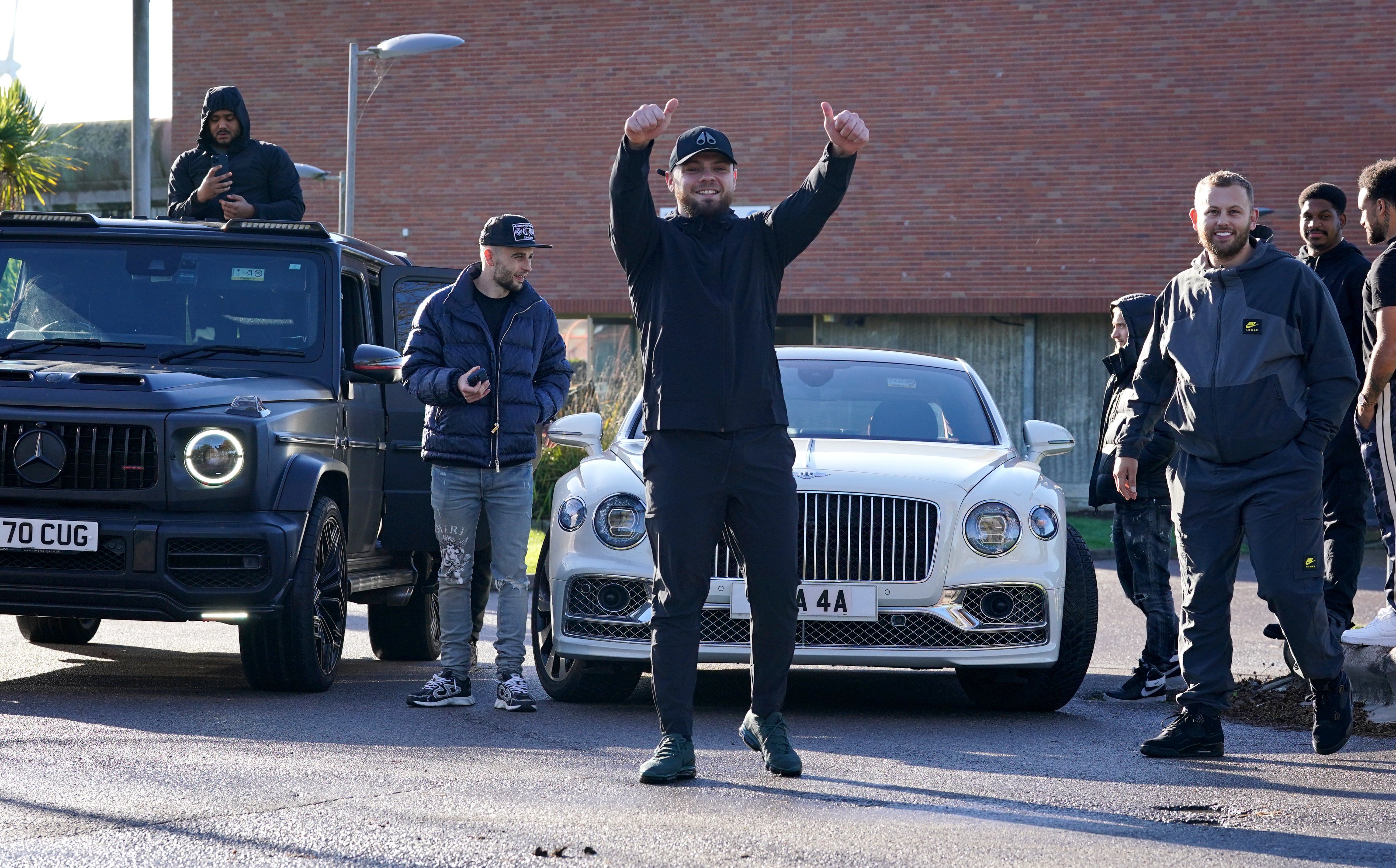1,100: About
1,100 inmates were released early in England and Wales on Tuesday as part of the government’s policy to free up prison space. Prime Minister
Keir Starmer is facing public backlash over the decision. He said he “shares the public’s anger” over footage of criminals celebrating their early releases outside prisons, but noted that “If we had not acted, we would have faced a complete paralysis of the system.” The UK’s prisons are at capacity because of a combination of tougher sentences, rises in violent crime, and an increase of people in prison on remand.
5: Brazilian President Luiz Inácio Lula da Silva will not be attending the BRICS summit in person this week in Russia because he is recovering from a serious head injury following a fall at home over the weekend. According to his doctor, the fall caused “great” trauma to the back of his head, requiring five stitches for the injury and resulting in a “small brain hemorrhage” in the temporal-frontal region.
1,500: A senior official from the office of South Korean President Yoon Suk Yeol said Tuesday that Seoul could consider providing defensive and lethal weapons to Ukraine in response to North Korea purportedly shipping 1,500 special forces personnel to Russia to assist in the war. The prospect underscores the potential for the divided Korean peninsula to become entangled in the conflict in Eastern Europe.
20: Peru’s former President Alejandro Toledo was convicted of taking bribes from Brazilian construction giant Odebrecht and sentenced to 20 years in prison on Monday. Toledo, a 78-year-old economist, is convicted of taking $35 million in bribes from Odebrecht in exchange for letting it build the road connecting Peru’s southern coast with an Amazonian area in western Brazil.
